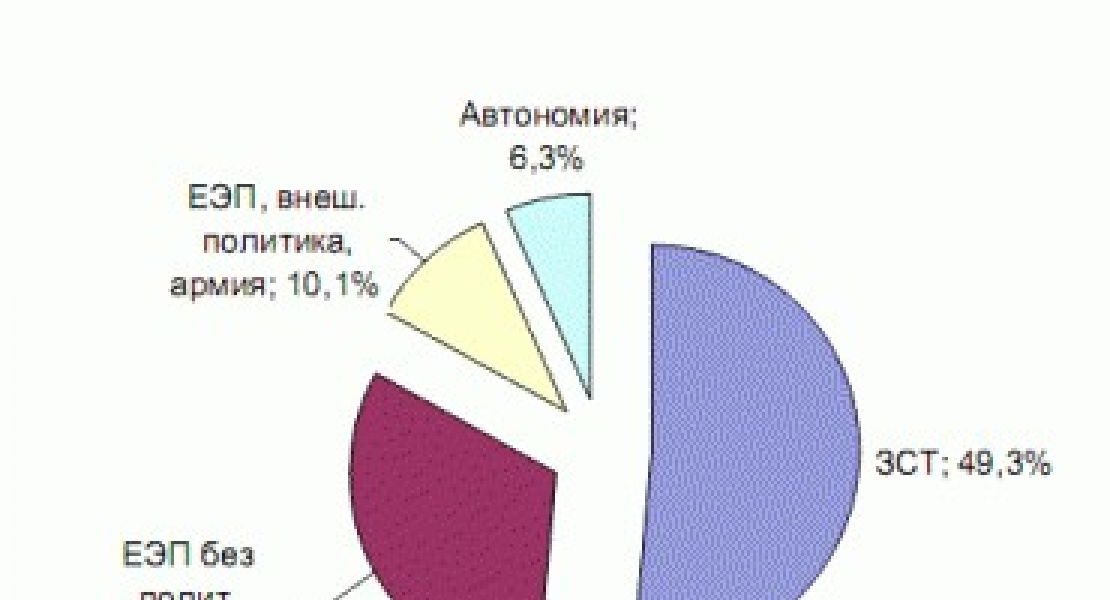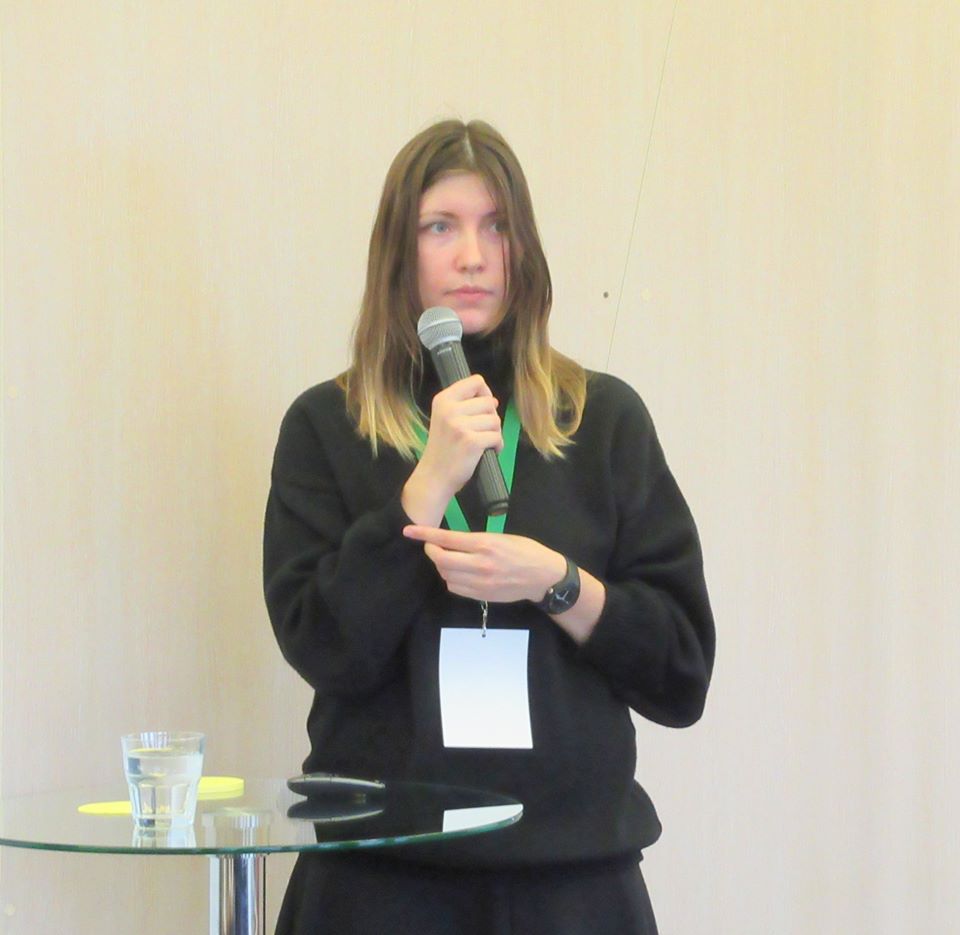Since 2010, the Belarusian Institute for Strategic Studies (BISS) has conducted comprehensive research into the geopolitical preferences of Belarusian society. The series of relevant studies seeks to find answers to the key questions pertaining to the foreign political orientations of the Belarusians: what is the ratio of geopolitical preferences of the population of Belarus? to which degree is this geopolitical choice contingent upon economic and socio-cultural factors? how do these geopolitical preferences change in time and why? how effective is the outreach policy of the European Union in its relationship with Belarus?
Main conclusions
(1).jpg)
- BISS has recorded a substantial increase in the number of advocates of Belarus’s development outside of integration processes (from 20.4% in 2010 to 30.9% in 2013) amid a reduction in the appeal of Russia as an integration center from 30.2% to 23.3%, respectively. The number of those supporting the European choice remains stable at 17%.
- Nevertheless, 70% of the respondents believe that a single state with Russia would be an acceptable option for Belarus on condition that the move contributes to the improvement of the economic situation in the country. Therefore, there is no saying that there is popular consensus over the independence of the Belarusian state. However, three years ago, 82% of the respondents said that a union with Russia was acceptable on certain terms.
- The Belarusians perceive integration with Russia in a peculiar way—of those who opt for the eastern vector, 49.3% believe that the best possible integration form is just the creation of a free trade zone with Russia, 30.4% would support a common economic space with Russia with no political union, and only 6.3% (or 2.7% of the total number of the respondents) would like to see Belarus as part of Russia as an autonomy.
- Some of the pro-Russian respondents have no stable negative perception of the EU, and they may support the European vector in a certain political and information context. The respondents who are oriented towards a simultaneous union with Russia and the EU do not consider these alternatives to be opposites. Of those who would prefer living in a union with Russia, 12.4% would vote for joining the EU if a referendum were held, and of those who would like living in a union with the EU and Russia simultaneously, the figure would be at 61.6%.
- When choosing allies, the Belarusians are mostly guided by pragmatic economic reasons. Economic motives dominate among both pro-European citizens and those oriented towards a union with Russia. Over the three years between the surveys, the economic motivation became stronger, mentioned by 73%, an increase from 55%.
- By their socio-cultural types and values, the advocates of a simultaneous union with Russia and the EU are similar to the supporters of the ‘pure’ European choice, whereas the supporters of complete independence are closer to those who would opt for a union with Russia. The former demonstrate mostly liberal ideas, while the latter are dominated by those with paternalist views who are inclined to rely on the state. The group of the advocates of a union with Russia has the largest number of supporters of a strong state.
- The study confirms the conclusion that the EU’s communications policy on Belarusian society remains ineffective. The Belarusians are still virtually unaware of the EU, its programs and objectives. Eighty-six percent of the respondents know nothing about the Eastern Partnership initiative (more than in 2010), and 95% of the respondents are unaware of the European Dialogue on Modernisation with Belarusian society. However, the Belarusians show a considerable interest in the European Union, and the number of supporters of European integration remains stable. Read the research in pdf format



